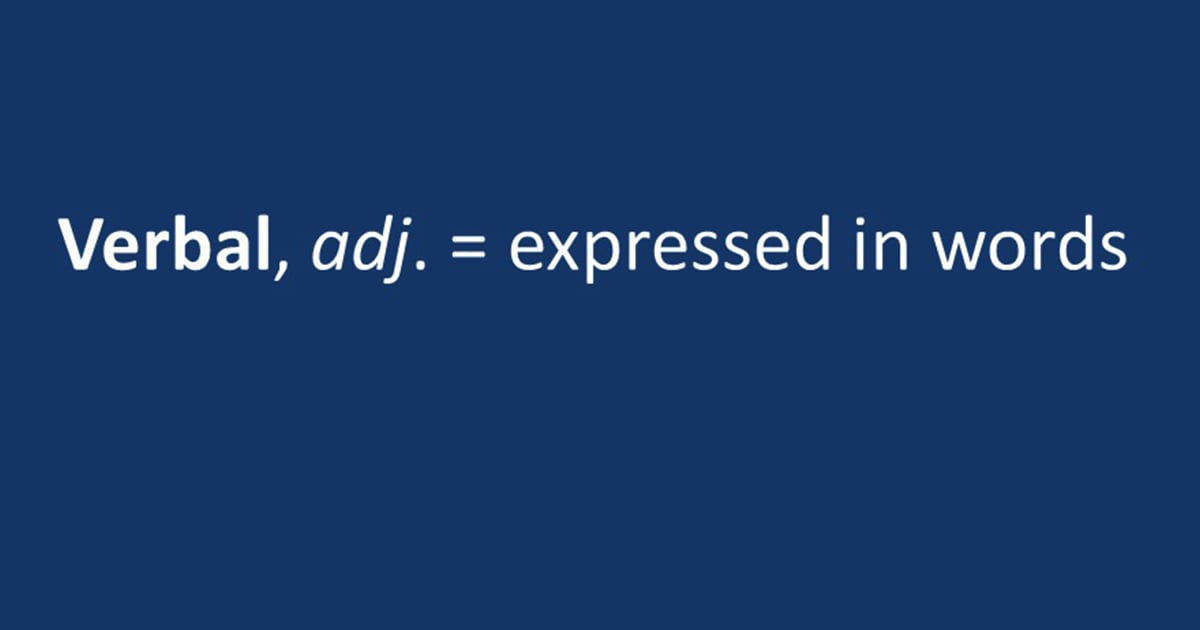
Strunk & White’s classic guide to good writing, The Elements of Style, urges writers to use definite, specific, and concrete language. “Prefer the specific to the general, the definite to the vague, the concrete to the abstract.” The goal is to write “with such accuracy and vigor that the reader, in imagination, can project himself into the scene.”
Punch up your resume
To illustrate the power of this advice, Michigan Law’s Patrick Berry offers an example every law student can appreciate: a student’s clever use of the “Interests” section of her resume. Instead of a boring, non-descript:
Interests: Reading, Exercise, Food
the student wrote:
Interests: Don Quixote, Yoga, Hot Dogs
Professor Berry explains: “What stands out about ‘Don Quixote, Yoga, Hot Dogs’ is its specificity. The individual items make it seem like the resume was written by an actual person . . .. Plus, in a small space you learn a lot about the applicant. You learn from ‘Don Quixote’ that she is well read and possibly studied Spanish. You learn from ‘Yoga’ that she is athletic and disciplined. And you learn from ‘Hot Dogs’ that she has an All-American palette as well as a talent for combining unlike items together in a creative, compelling way.” (The Power of the Particular)
He analogizes the use of the specific language to the zoom function on Google Maps. Instead of the big-picture view, zoom in for the details. He also makes the point that details give writing “the stamp of credibility.”
Call people by their names
Legal-writing guru Bryan A. Garner offers another example, a simple way to add interest value to briefs and other documents by being specific: refer to people and companies by name. “Legal writers have traditionally spoiled their stories by calling people ‘Plaintiff’ and ‘Defendant,’ ‘Appellant’ and ‘Appellee,’ or ‘Lessor’ and ‘Lessee.’ It’s a noxious habit that violates the principles of good writing. You can do better: call people McInerny or Walker or Zook. Or refer to the bank or the company or the university.” (Legal Writing in Plain English)
My favorite example of the power of being specific comes from the book and movie versions of The Paper Chase. In both, beginning students at Harvard Law School are introduced to the school’s method of teaching.
Vividness on display
In the book, the law school’s catalog contains this explanation:
“[T]he predominant method of instruction in the Law School is the case method, first developed as a technique for law school teaching by Dean Langdell in 1870, and since extensively employed in virtually all American law schools. The case method is a realistic method which uses the careful examination of judicial opinions as a focus for study and as a starting point for classroom discussion . . ..
"The case method also introduces the student to analytical techniques which lawyers use to sort the relevant from the irrelevant, separate reasoning from rationalization, and distinguish solid principle from speculation.”
Contrast that lifeless passage with how Professor Kingsfield describes Harvard’s teaching method in the movie:
“The study of law is something new and unfamiliar to most of you; unlike any schooling you have ever been through before. We use the Socratic method here: I call on you, ask you a question, and you answer.
“Why don’t we just give you a lecture? Because through my questions you learn to teach yourselves. Through this method of questioning, answering, questioning, answering, we seek to develop in you the ability to analyze that vast complex of facts that constitute the relationships of members within a given society . . ..
“You are on a treadmill; my little questions spin the tumblers of your mind. You’re on an operating table; my little questions are the fingers probing your brain. We do brain surgery here. You teach yourselves the law but I train your mind. You come in here with a skill full of mush and you leave thinking like a lawyer.”
Kingsfield’s language is so vivid as to trigger first-semester flashbacks even in seasoned attorneys.
If your writing lacks vigor, reread these two Paper Chase passages. Then summon your inner Kingsfield. Like him, use concrete, vivid imagery. Avoid Harvard’s stuffy abstractions. It may take extra effort but, hey, it’s not brain surgery.
The author, Otto Stockmeyer, is a Distinguished Professor Emeritus at Cooley Law School. He is a past president of Scribes-The American Society of Legal Writers. This blog post updates his 2019 post “Specifics Make It Real.”



